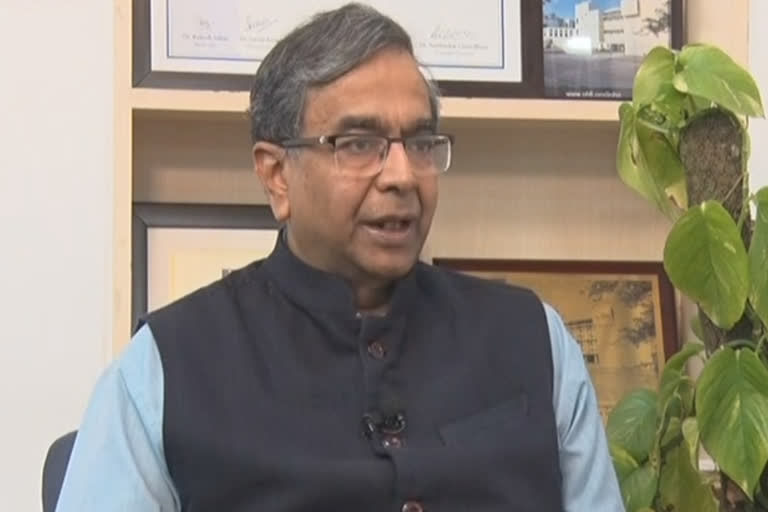New Delhi:India is capable of containing the infection of Novel Corona Virus and prevent it from becoming a community infection with the existing infrastructure, said a top expert on public health issues. He said that the government is trying to prevent the entry of fresh cases of the virus and their carriers in the country so that the country gets some breathing space to trace and handle the existing cases.
There were more than 80 confirmed cases in the country by Friday evening and the health ministry confirmed that the death of a 76-year-old patient in Karnataka on Thursday was due to Novel Corona Virus (Covid-19).
However, India is relatively safe than other countries like China, Italy and Iran where the virus has caused havoc on public health system, forcing the governments to completely lock down parts of their countries.
So far, the Covid-19 virus has claimed more than 5,100 lives across the world forcing the World Health Organisation (WHO) to declare it a global pandemic as the virus has spread to more than 130 countries.
While China, where the first case was detected in September last year, has reported the highest number of fatalities as the Covid-19 virus has so far killed more than 3,100 people, Italy confirmed death of more than 1,000 people, followed by Iran where the virus killed more than 500 people.
Health experts like Dr K Srinath Reddy, who has vast experience in public health issues in India and abroad, says that Novel Corona Virus is a milder strain of other known viruses of the same family and it is less lethal in comparison with other viruses like H5N1 and SARS which were very lethal.
"It is estimated that it kills only 2% of the people who are affected, and in any case a maximum of 15-20% people develop some severe form of disease which might warrant hospitalization," said Dr K Srinath Reddy, President of Public Health Foundation of India, a Delhi based not-for profit organisation active in the field of public health and policy issues.
He said mainly elderly people or people with co-existing disease will require hospitalization or those healthcare professionals who have been repeatedly exposed to the virus and the overall number of people requiring hospitalization will still be low.
"Many of these people can be managed at home with home quarantine whether the diagnosis is fully established or not. But even if you want to treat them presumptively as the cases of Covid, majority of them can actually be managed at home or in primary healthcare centres," Dr. Reddy told ETV Bharat.
"I believe that we can manage them with our existing infrastructure," he observed.
